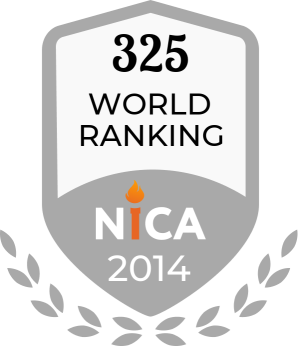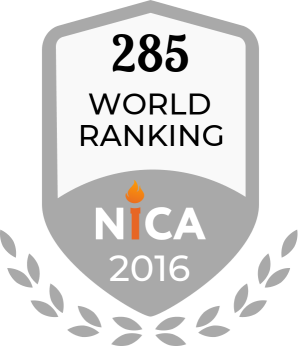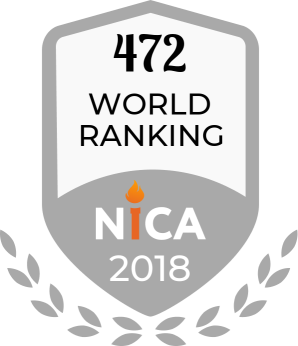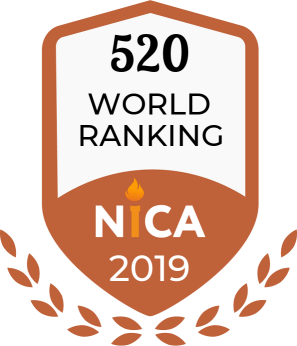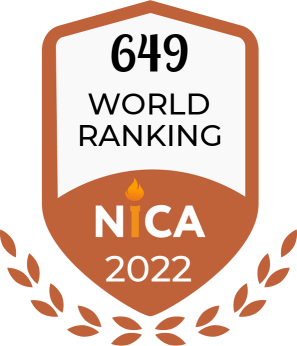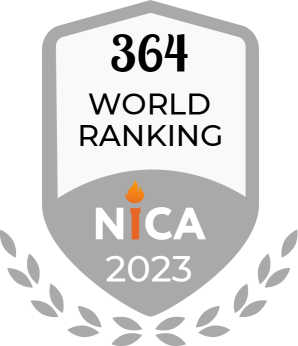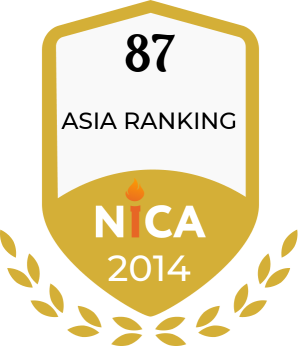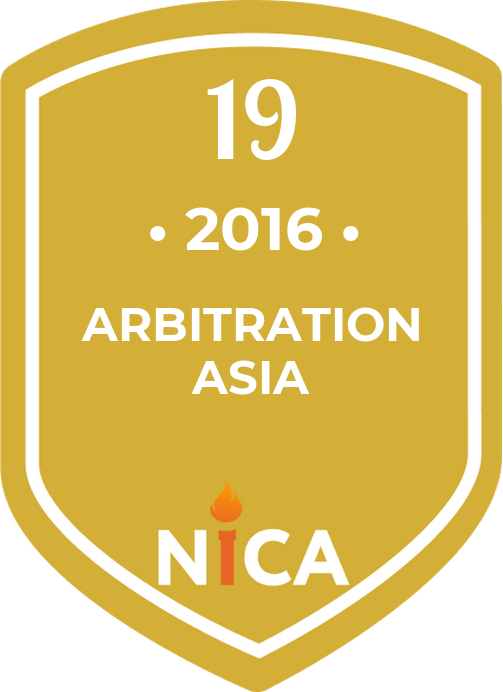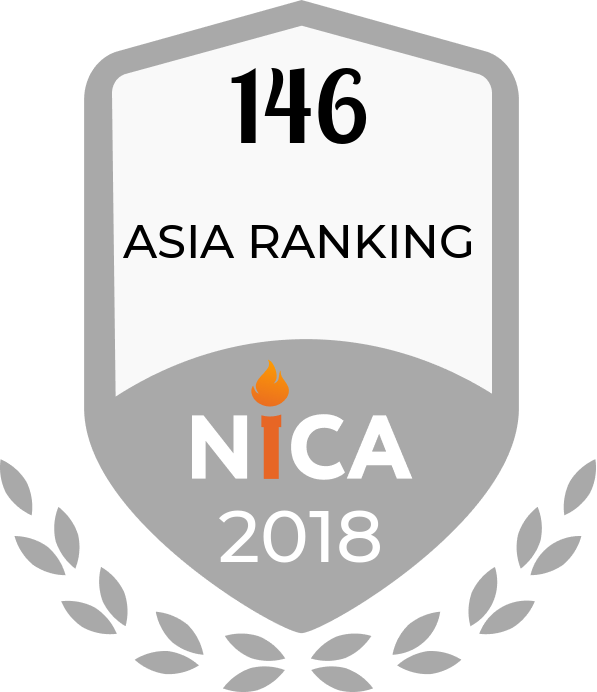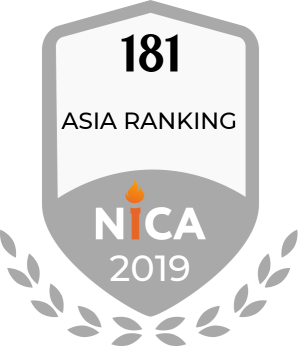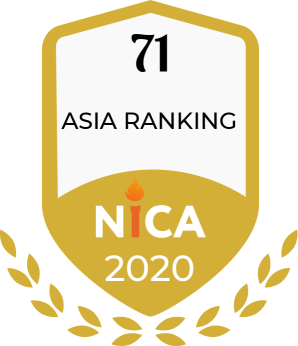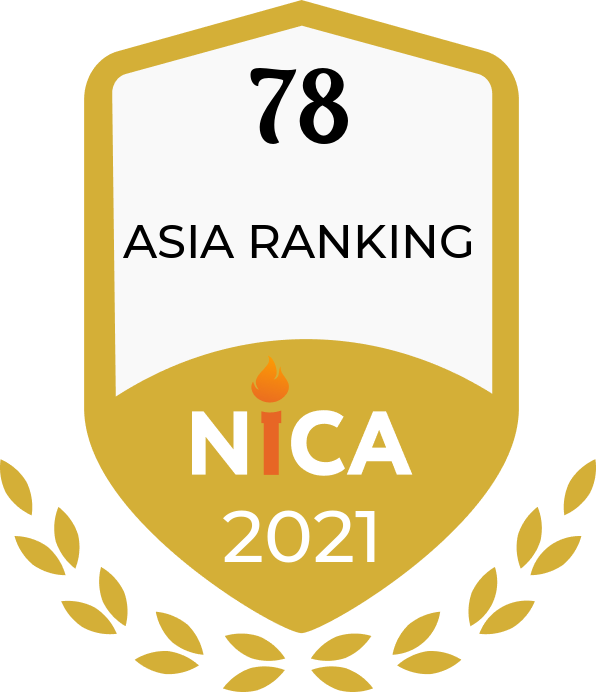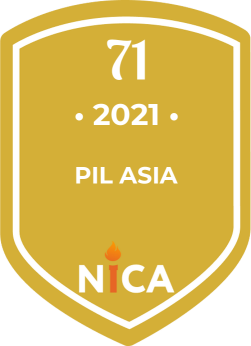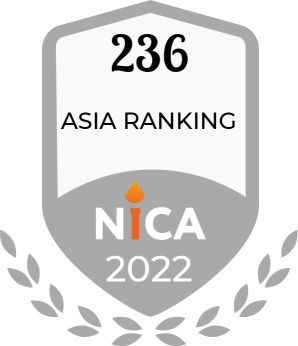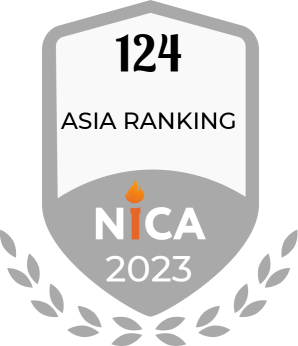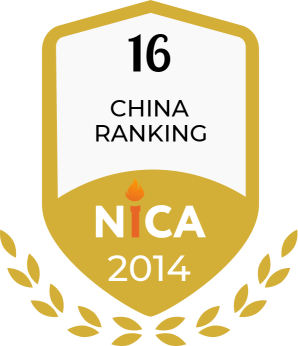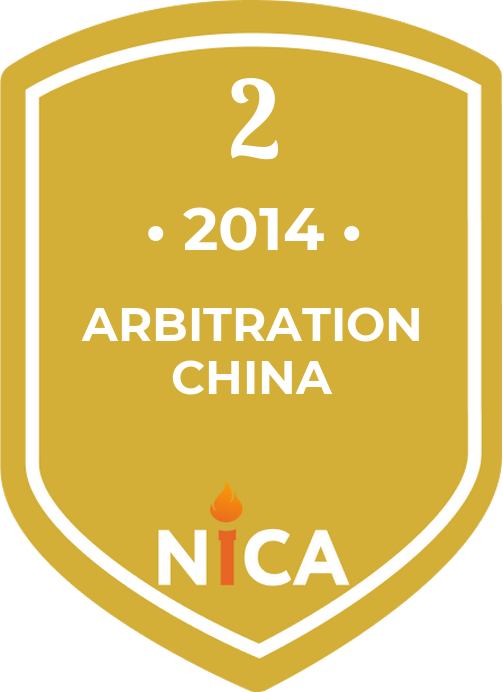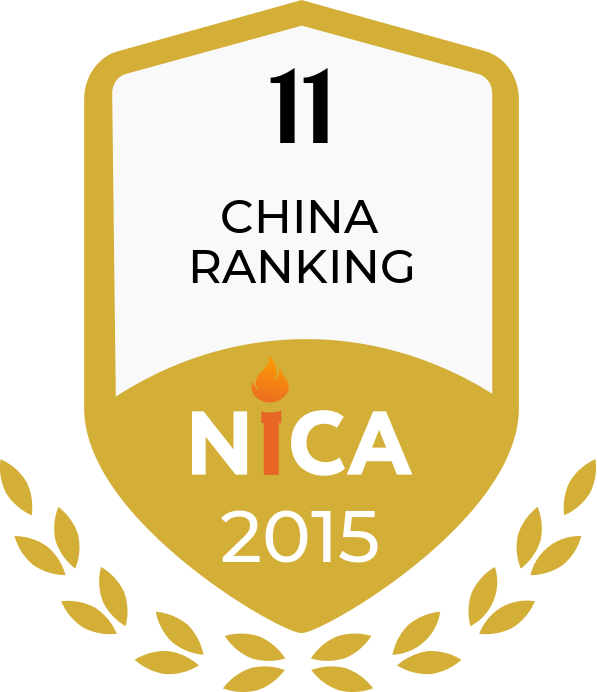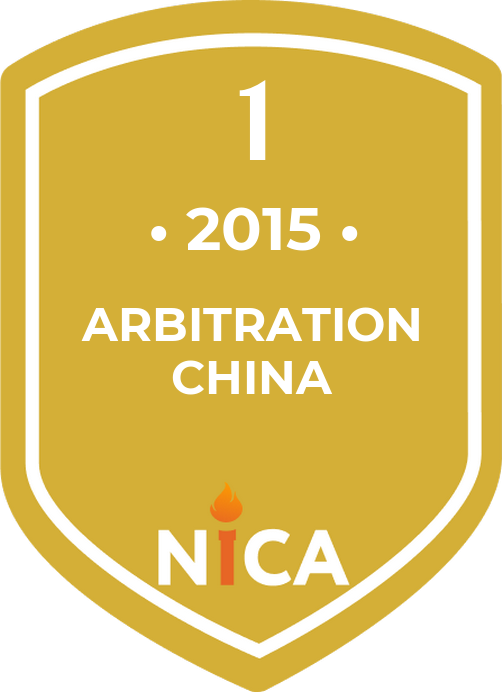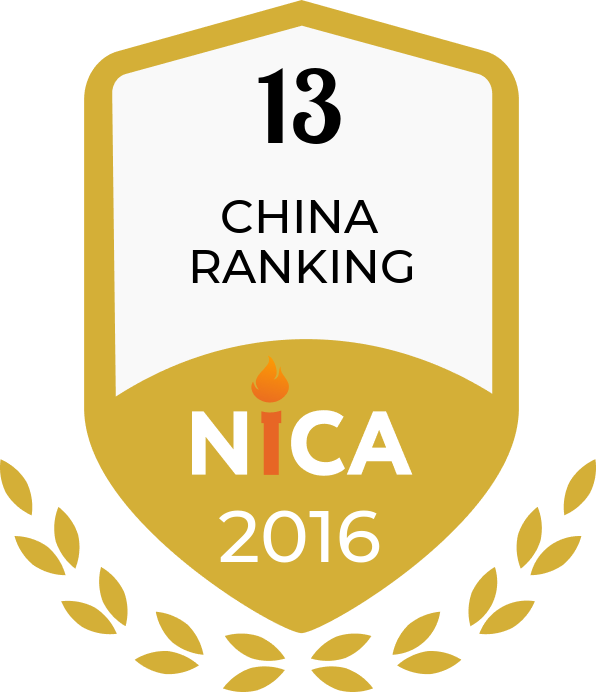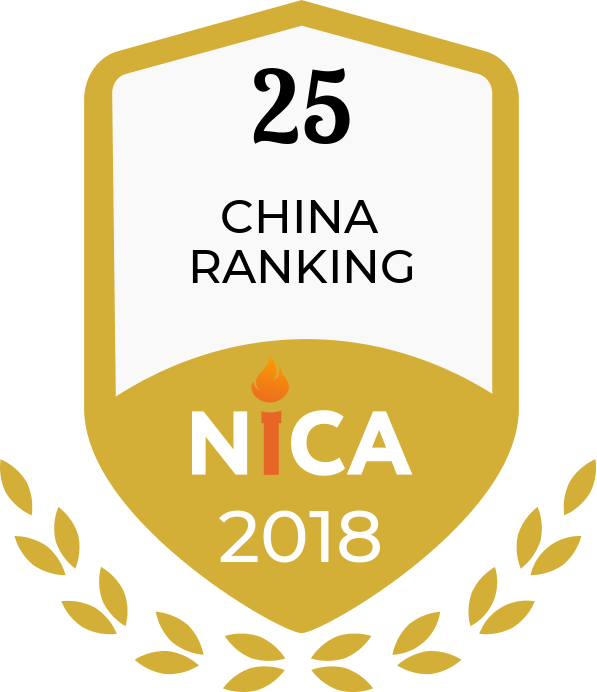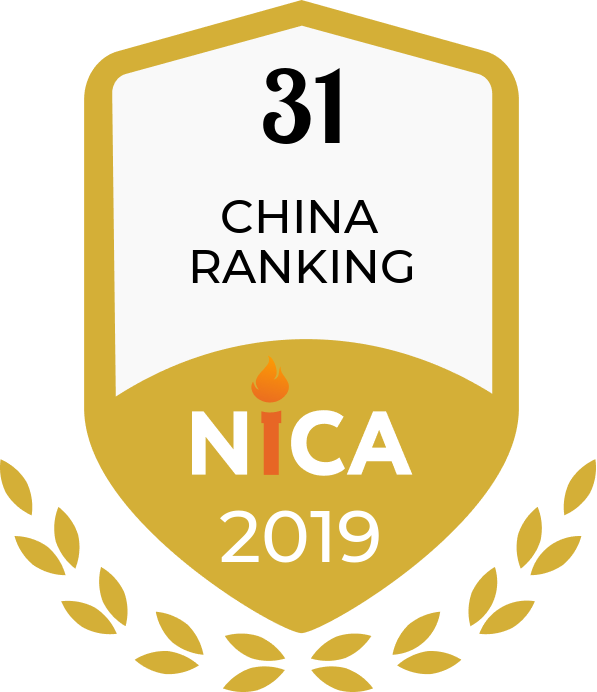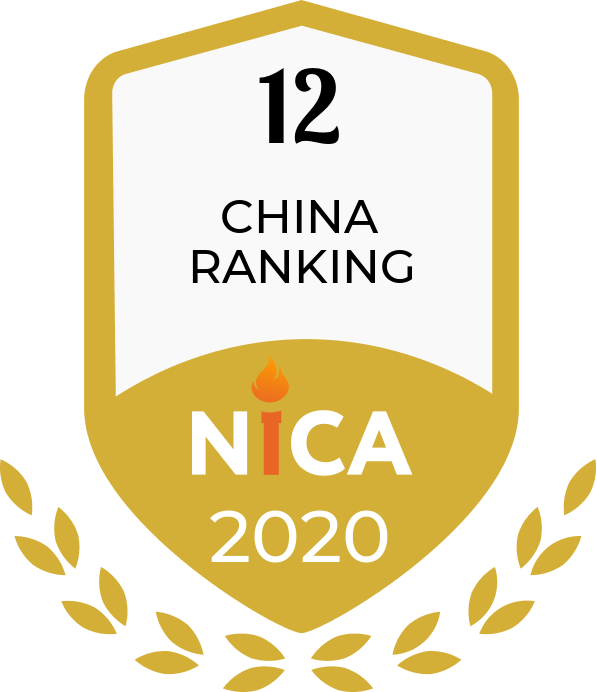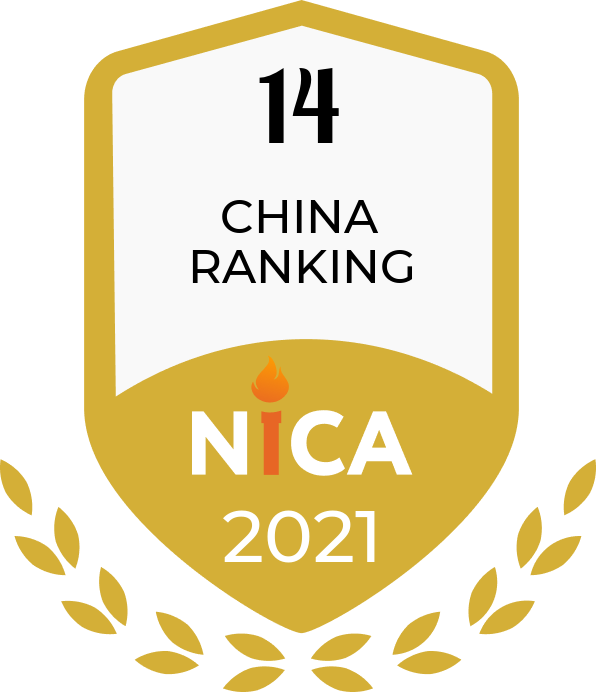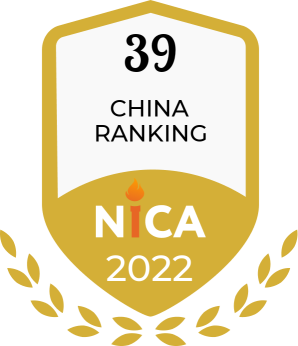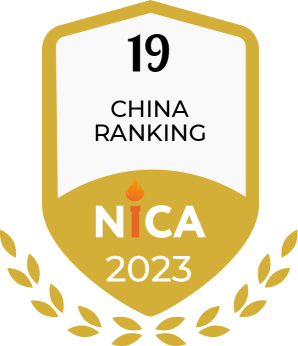Best in History
Best moot court performance of the law school throught out the recorded history (2013-2025)About the Law School
The Shanghai University of Political Science and Law is a public university in Shanghai, China, founded in 1984.
Founded in 1984, Shanghai University of Political Science and Law (SHUPL) is situated in the well-known Sheshan Mountain scenic area. SHUPL features practicality and application. It educates personnel of various disciplines at multiple levels. Guided by a scientific development outlook, SHUPL is becoming a high-level liberal arts university with distinctive features and producing intellectuals with practical skills. The university now has 12 academic schools and other teaching departments include the Graduate School, Department of Physical Education, Network and Modern Education Technology Center, and Vocational Training Center. SHUPL now offers 3 master’s degree programs, 25 undergraduate programs and 7 higher vocational degree programs.
There are more than 10,600 full-time students in the university. SHUPL has an outstanding faculty. 40% of its faculty members are above associate professor level and over 84% of its faculty members are masters or even doctors. The university attaches great importance to international exchanges and has established exchange relations with many institutions and universities from countries and regions like the United States, France, Japan and Hong Kong.
Degree Programs
is one of the few higher education institutions in China specializing in legal education. In the field of legal education
SHUPL enjoys unparalleled influence and prestige in Shanghai and greater East China, which is China's most developed geographical division.also remains the best ranked law school from civil law system.
The Shanghai University of Political Science and Law is the central of politics and law police enroll system reform pilot project to develop colleges and universities, Chinese government scholarship students receive in China universities, the "silk road" government scholarship students training colleges, humanity project training colleges and universities of China and the United States, "study in China" overseas preparatory education alliance members, the national university of political science and law, alliance member, "area", a think-tank, alliance director unit, All the way to be included in the supreme people's court area 'judicial research base, Shanghai international judicial cooperation organization communication training cooperation base characteristics of national defense education, the ministry of education school, Shanghai outstanding legal talent training base, Shanghai foreign outstanding legal talent training base, the outstanding talent education training plan of dissemination of news, Shanghai university demonstration school of marxism construction unit, Shanghai new doctorate awarded the project, the construction unit, Shanghai university education education teaching reform pilot "cultivate college". [1] [2] [3]
Its predecessor was Shanghai executive leadership academy of political science and law, which was founded in 1984. In September 2004, with the approval of the Shanghai municipal people's government, Shanghai institute of political science and law was established on the basis of the former law school of Shanghai university and Shanghai administrative cadre institute for political science and law. [1]
In 2015, the university, together with tongji university, Shanghai institute of international studies, Shanghai academy of social sciences and other universities and research institutes, established the first One Belt And One Road collaborative innovation center on security issues in China, and was identified as the One Belt And One Road judicial research base of the Supreme People's Court. In the same year, the school established a comprehensive relationship of strategic cooperation and co-construction with qingpu district people's government, hongkou district people's procuratorate and putuo district people's court.By July 20, 2019, the school covers an area of more than 1,000 mu. It has 16 secondary departments; There are 3 first-level master's programs, 4 professional master's programs, and more than 30 undergraduate programs. There are more than 700 faculty members; More than 11,000 full-time students; There are 35 specialized laboratories and training rooms, and nearly 200 off-campus practice bases for college students
The Shanghai University of Political Science and Law obtained more than 40 research projects at or above the provincial or ministerial level, 8 national projects, and more than 20 provincial or ministerial projects. Among them, 1 key projects of national social science fund, the national social science fund corpus 1 major projects, one project is supported by the national social science fund late, national social science fund 1 outside the academic translation projects, the department of justice country under the rule of law and legal theory research project topic 2 items, including one key topic, in 2016, ministry of law under China law society, research topic 4 items, Shanghai 7 zhe club planning projects, the Shanghai municipal people's government decision consulting research projects focus on topics in item 1. Teachers were published academic works, 31 general core journals published 155 papers, 17 papers published important core journals, general core journals, 138 papers, approved 7 "think-tank connotation construction project in Shanghai universities", were reported decision consulting report, including 22 papers are my rab USES four papers, central leadership instructions, adopted by the xinhua news agency and other provincial units more than 10. Won 5 scientific research awards above provincial and ministerial level. [16] [61]
I.Undergraduate Programs (4 years)
1. Civil and Commercial Law
2. Economic Law
3. Environmental Law
4. Financial Law
5. International Economic Law
6. Criminal Justice
7. International Politics
8. Politics and Administration
9. Sociology
10. Social Work
11. Application Psychology
12. International Economy and Trade
13. Economics
14. Business Administration
15. Economics and Finance
16. Journalism
17. Radio and Television
18. Chinese Language and Literature


 Vis West 2013
Vis West 2013  Team Member
Team Member





